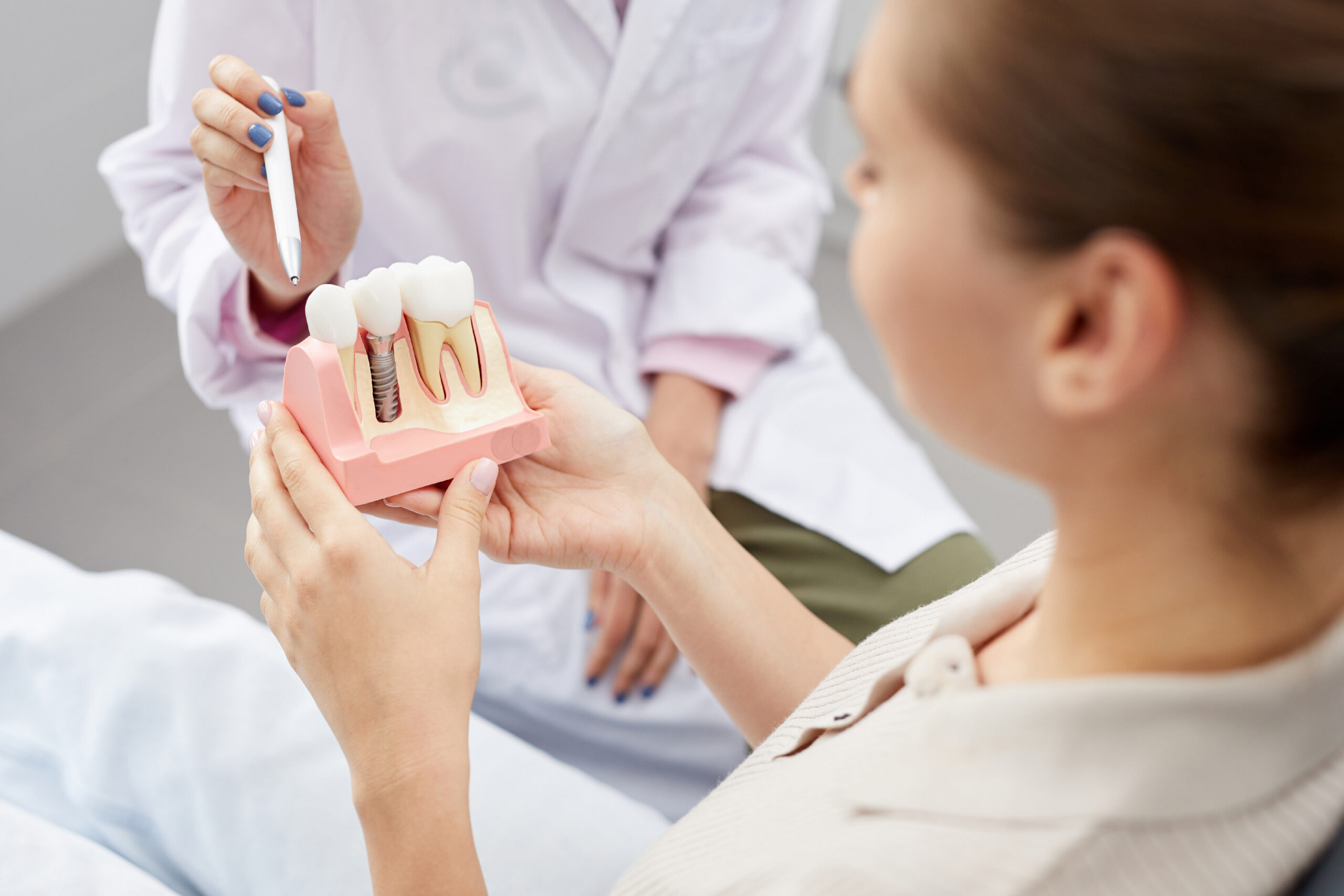Neil S. Stearns, DMD, Bruce G. Freund, DDS – A Dental365 Company
4.9 ★★★★★ (107) Read Reviews
About Our Office
For those seeking a new dentist in Englewood, NJ, look no further than Neil S. We're the best dentists in Englewood, NJ – Stearns, DMD & Bruce G. Freund, DDS – A Dental365 Company. Our practice offers comprehensive, comfortable, high-quality dental care, from general dentistry services to advanced treatments like dental implants and sedation options. With a focus on complete care in one location, we tailor your treatment plan to your needs, goals, and budget. Join us in Englewood for exceptional dental care; contact us to book your appointment.
Patient Experiences
Every aspect of our office environment has been thoughtfully curated to prioritize comfort, trust, and excellence. Our state–of–the–art facility is not only designed to provide top-tier dental care but is also geared towards maximizing convenience for our patients. At our office, patients can expect nothing less than a seamless blend of top-quality dentistry and warm, personalized care.
State of the art technology
We take pride in consistently offering our patients access to the most advanced dental technology. From the 3Shape TRIOS intraoral scanners, making impressions easier than ever, and digital CBCT imaging units to soft-tissue lasers and intraoral cameras, we are committed to investing in the best and most comfortable solutions available.
About our community
Englewood, NJ is a vibrant city filled with charm and diversity that never fails to bring a smile to people's faces. From its picturesque tree-lined streets to its bustling local shops and eateries, Englewood offers a warm and welcoming atmosphere that delights residents and visitors alike.
Patient Forms
Please click here to view patient forms.
Meet Our Doctors
Office Gallery
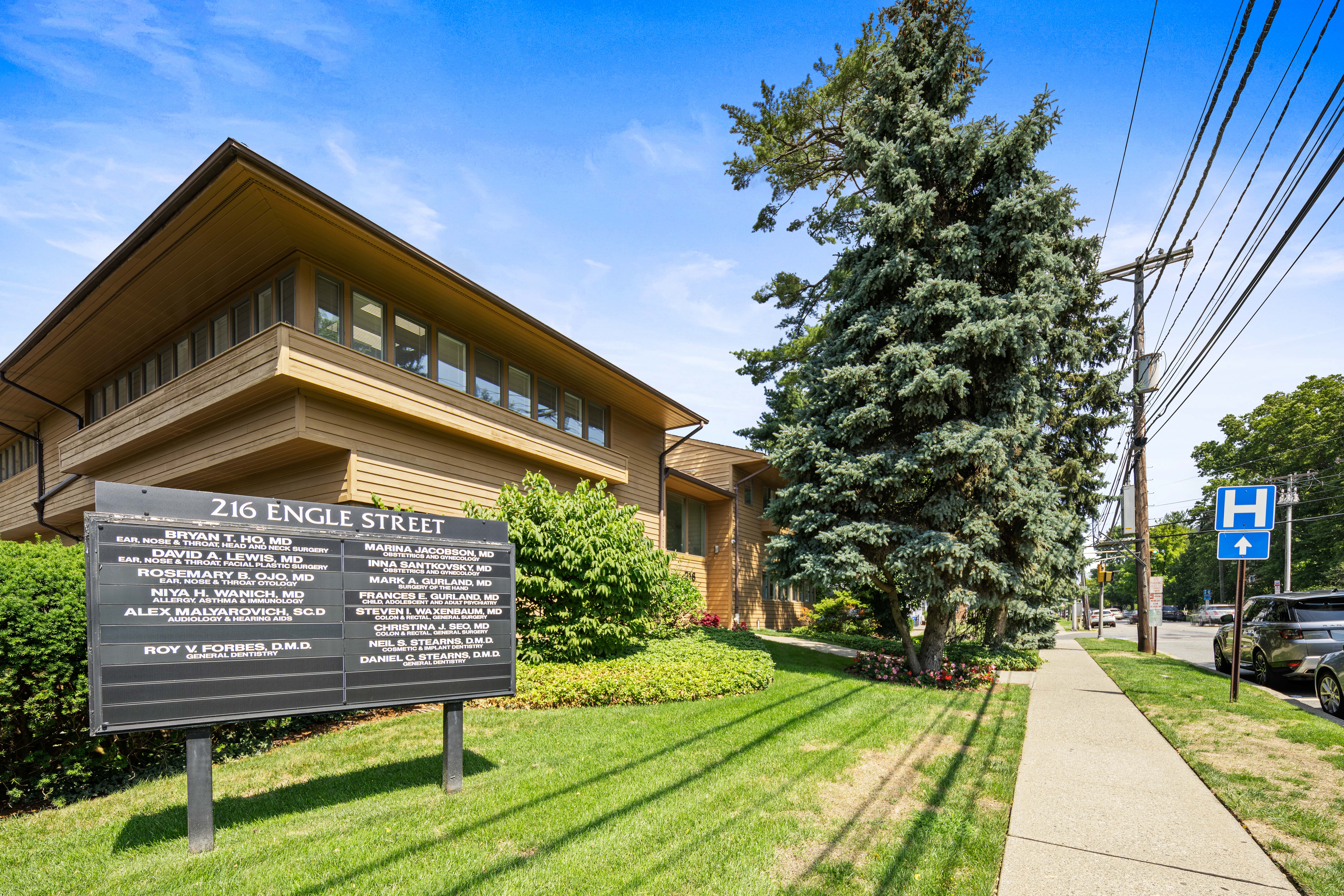

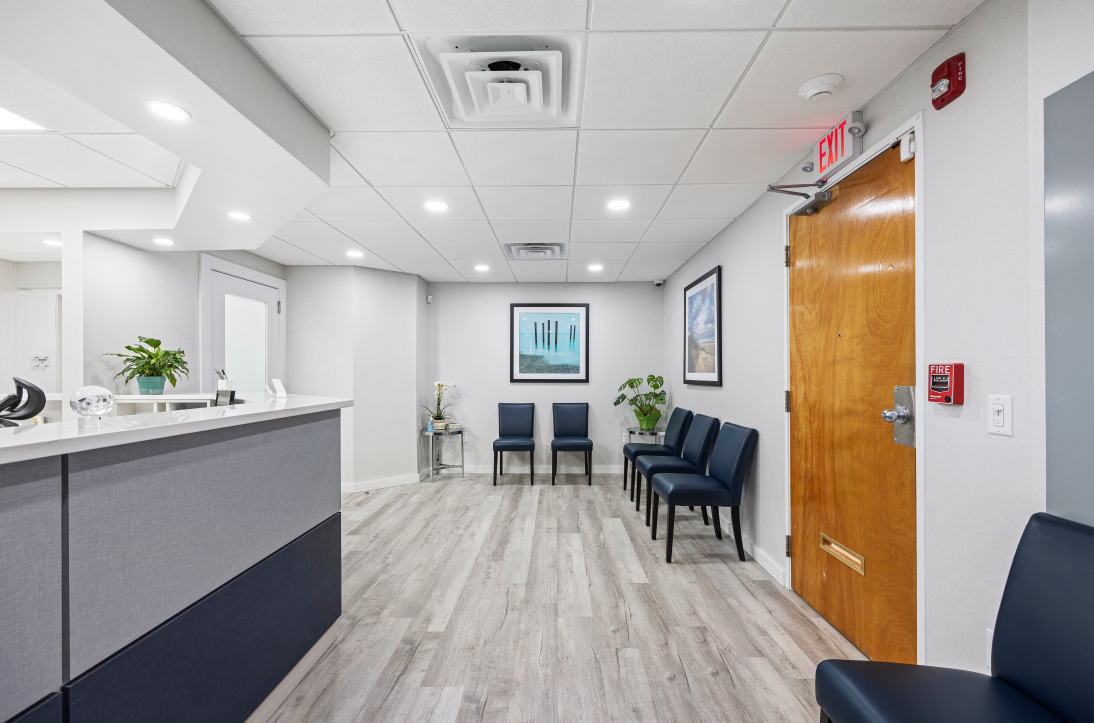
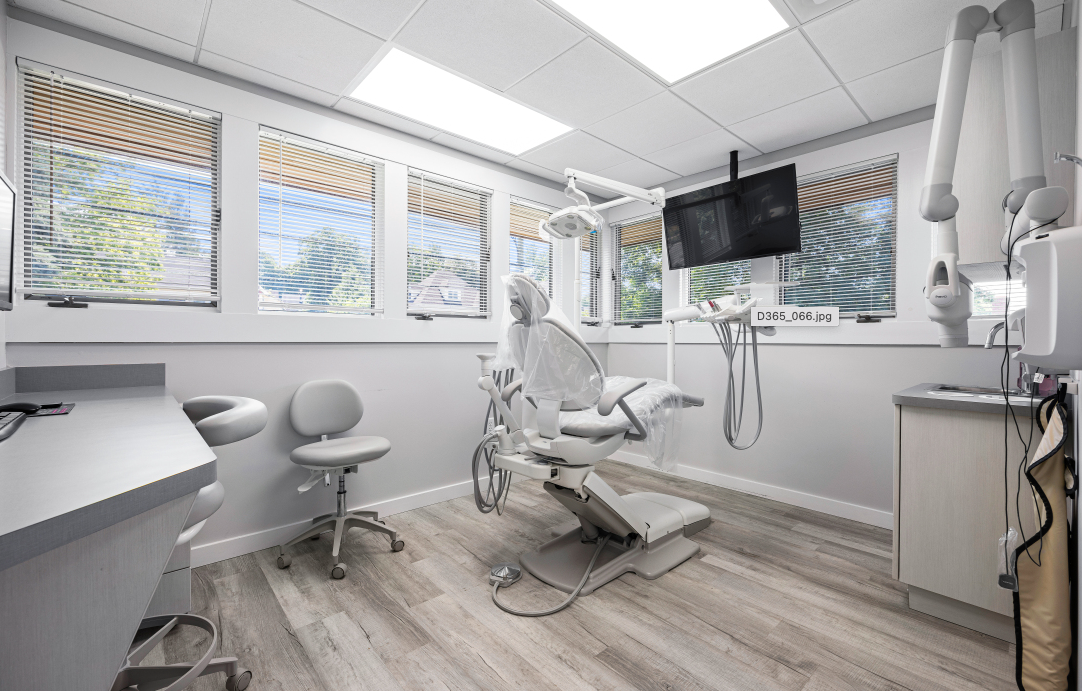

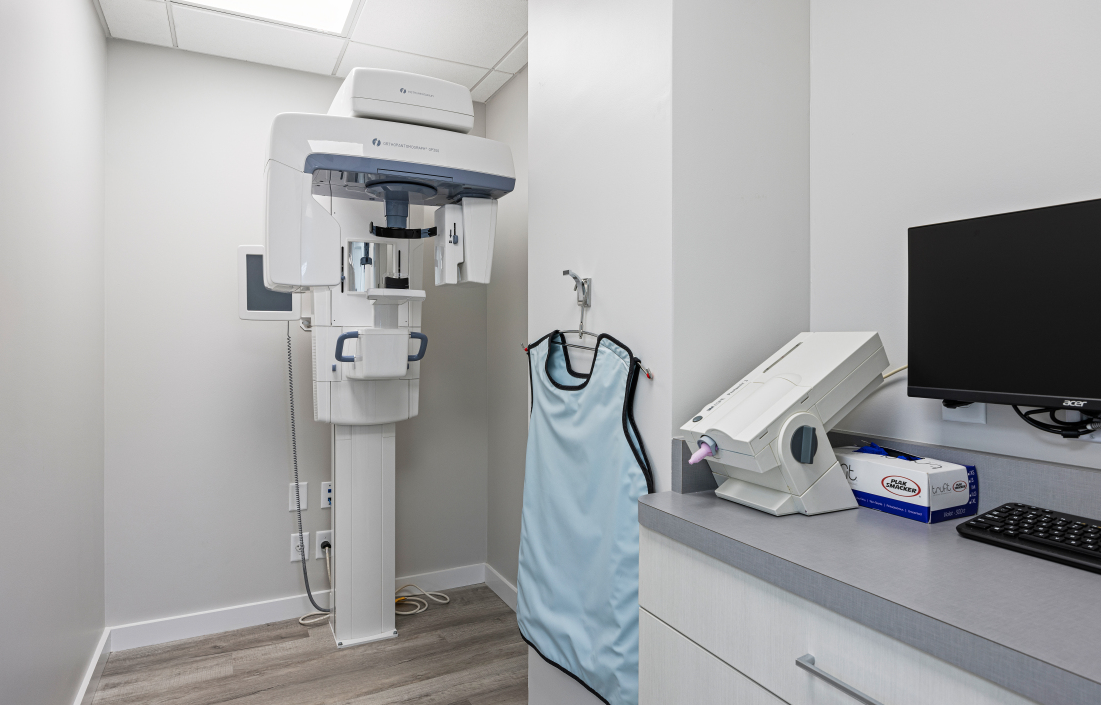
Before and After
Click to view our patient gallery
Test Name
...Content
Patient Reviews
Eddie
Most people usually aren't thrilled about seeing a dentist, but I can say with utmost confidence that this was the best dental experience I've had in ...
Read MoreFabian B.
Absolutely the best experience ever at DMD, starting with the warm welcoming from the staff at the front desk, making me feel welcomed and comfortable...
Read MoreDorraine G.
Dr. Stearns has been my dentist for over 7 yrs. He has always been professional, pleasant, and punctual. He has a gentle touch and has a lot of patien...
Read MoreKashing M.
The staff was great and attentive. Very detailed in every aspect of my treatment. Best part was everyone was friendly creating a comfortable environme...
Read MoreRequest an Appointment
Fill out the form below to contact us today




 Cosmetic Dentistry
Cosmetic Dentistry 
